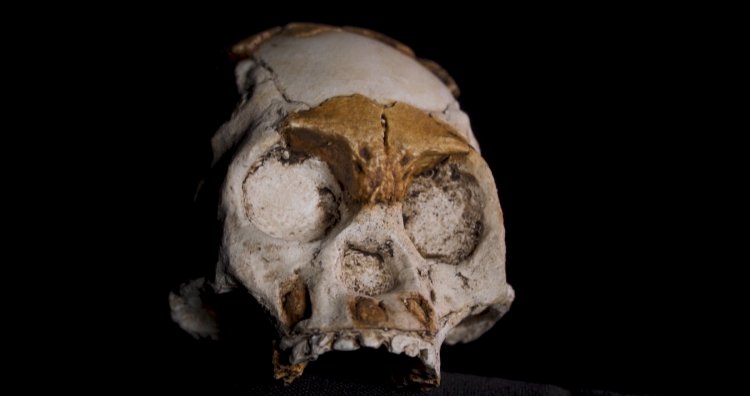Child fossil find in South Africa sheds light on enigmatic hominids

Fossils found deep in a South African cave formed part of a hominid child's skull, apparently left on an alcove by fellow members of her species 250,000 years ago, scientists said on Thursday.
The latest find adds to the riddle surrounding Homo naledi -- a species of Stone Age hominids discovered less than a decade ago in a region called the Cradle of Humankind, named after the stunning fossils unearthed there.
"The real mystery about this child is why she was found where she was," said Lee Berger, the scientist who led the project.
"Something amazing was going on in this cave 200,000-300,000 years ago.
Although the researchers refer to the child as "her", they have not yet determined whether it was a boy or girl.
Researchers rarely find fossilised remains of children, because their bones are too thin and fragile to survive over aeons.
The child was probably only four to six years old when it died, with baby teeth intact and adult teeth starting to emerge.
Nearly 2,000 fossils have been found in the caves, which scientists have pieced together into partial skeletons of more than two dozen individuals.
The initial discovery revealed in 2015 helped complicate our understanding of human evolution, by showing that Homo sapiens probably lived alongside other species of hominin -- the name for hominids that include anatomically modern man.
The newly found 28 skull fragments and six teeth were found even deeper in the cave complex, 12 metres (40 feet) away from the main find, through tiny crevices that required the explorers to literally squeeze between the rocky walls.















